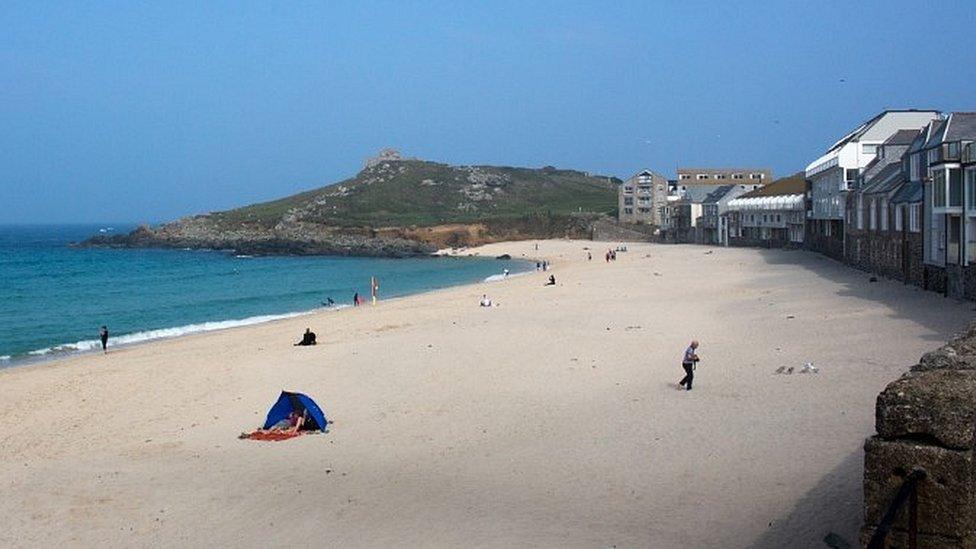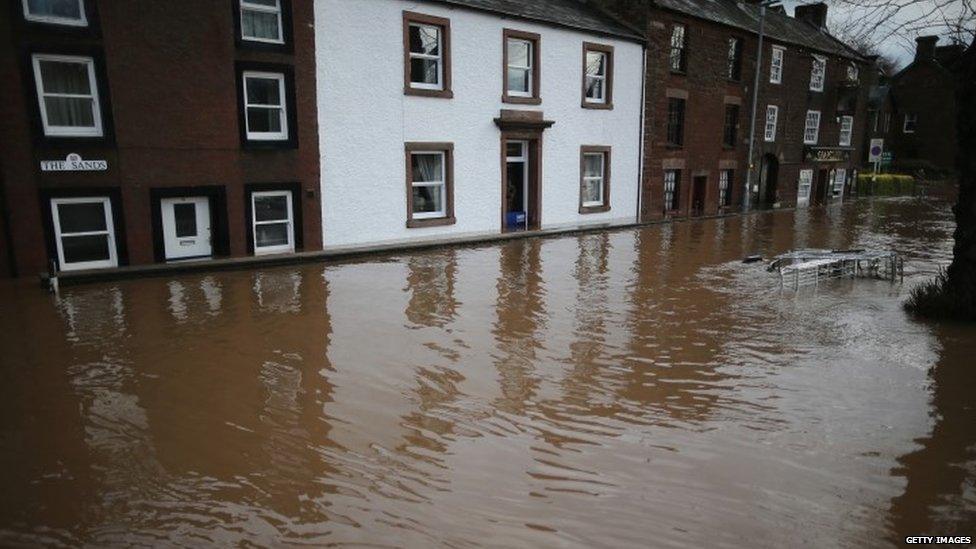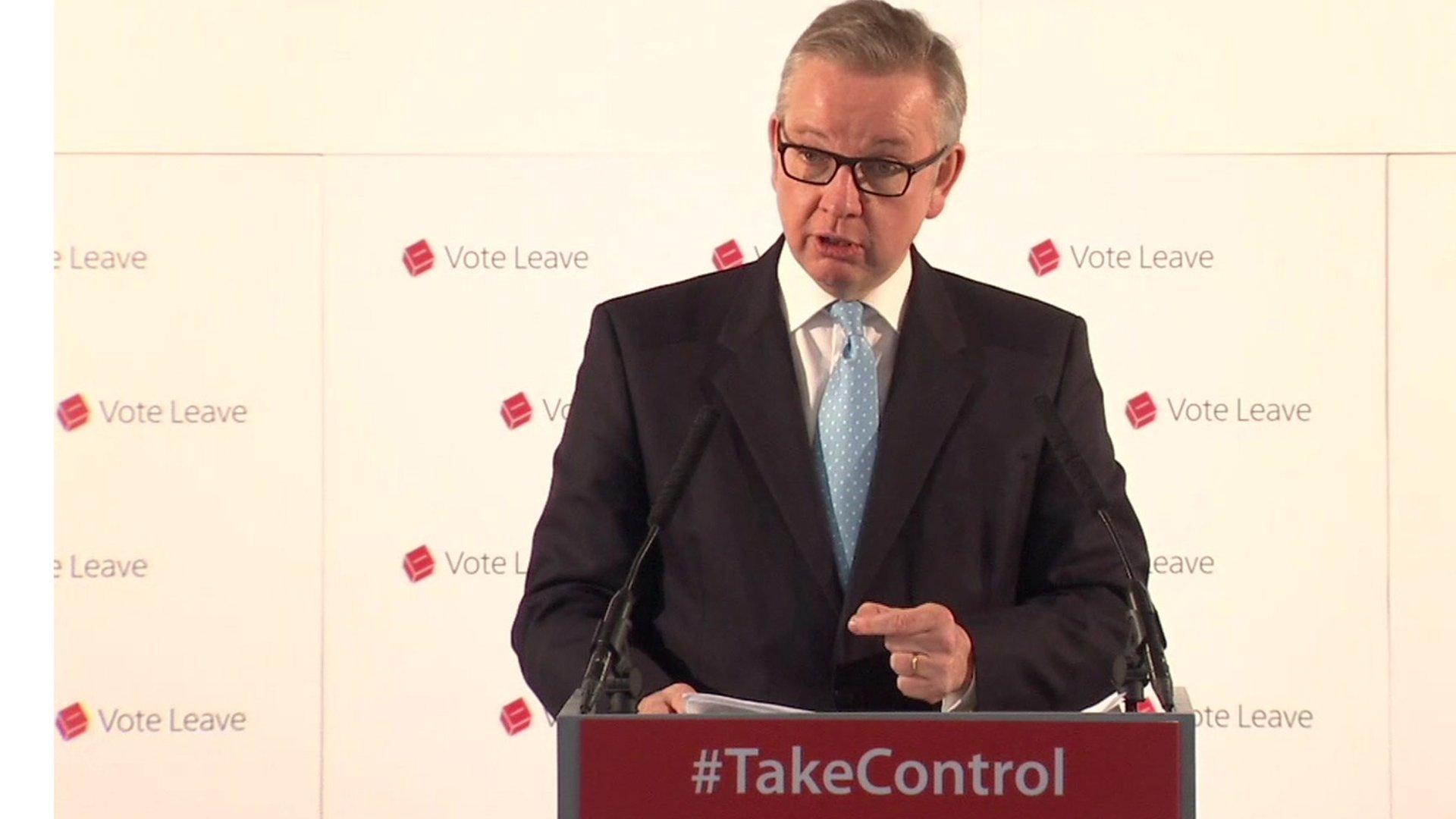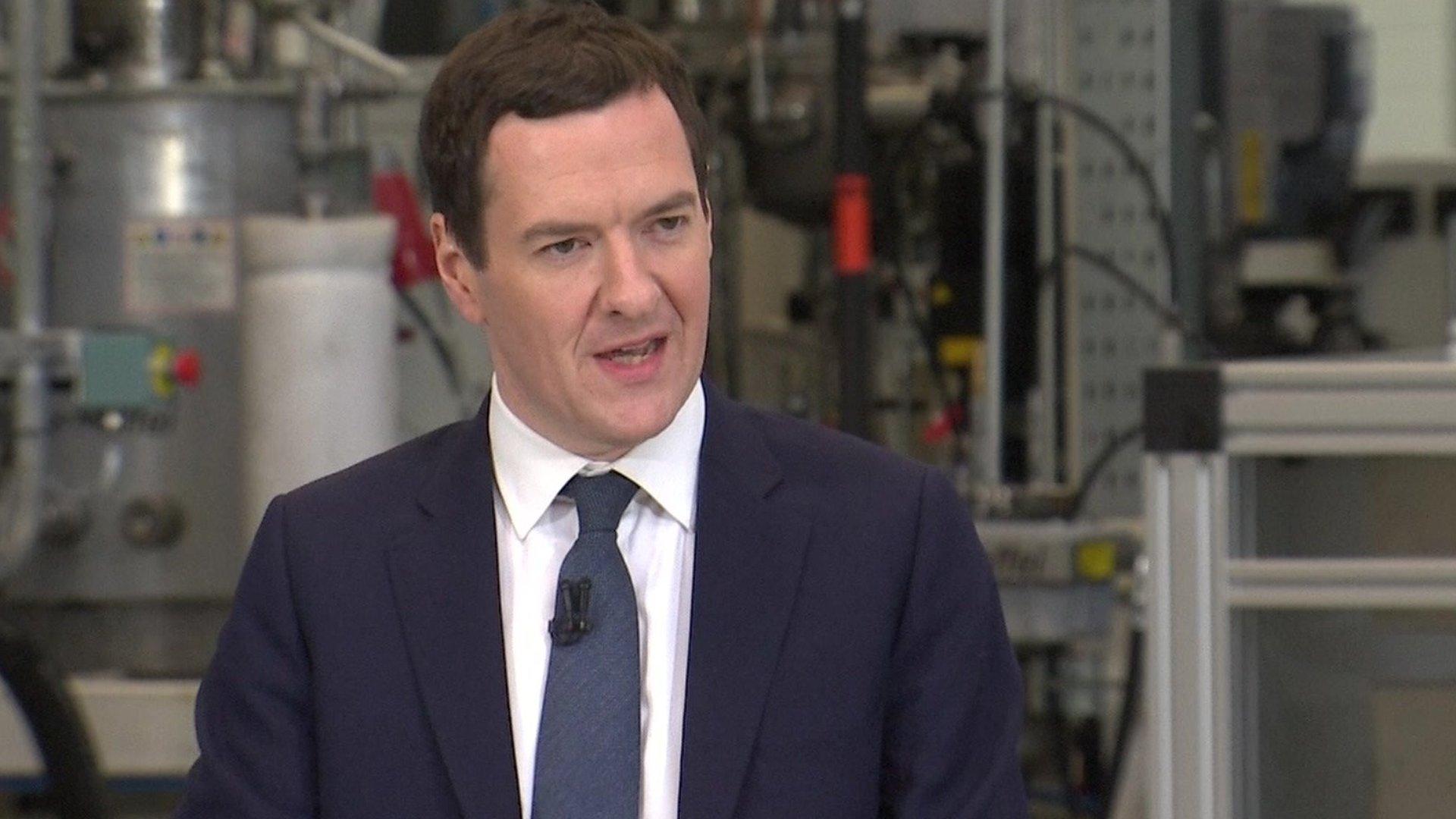EU membership 'good for UK environment' say MPs
- Published

The report suggests EU membership has improved the cleanliness of British beaches
Being a member of the European Union has benefited environmental protection in the UK, a group of MPs has argued.
The Environmental Audit Committee, external said efforts to reduce pollution and boost biodiversity had happened "faster" than otherwise would have been the case.
It said membership gave a platform to influence global climate change policy.
But ex-minister Peter Lilley said the MPs had ignored evidence and failed to address the case for deciding issues such as flooding at a national level.
Mr Lilley, who backs EU exit, published a dissenting view arguing the UK could happily negotiate environmental legislation at an intergovernmental level and have a greater say on some international bodies by having its own seat, rather than being represented by the EU.
However, Mr Lilley was overruled by other members of the committee, including its Labour chairwoman Mary Creagh, Green MP Caroline Lucas and Conservatives Peter Aldous and Peter Heaton-Jones.
The committee, the majority of whose members support remaining in the EU, said it hoped its report would "inform debate" on environmental issues ahead of the referendum on EU membership on 23 June.
'Cleaner beaches'
It noted that the environment did not feature in any of David Cameron's demands in his recent re-negotiation of the UK's membership terms and that the UK was "broadly satisfied" with EU environmental policy.
EU membership had been a "crucial factor" in shaping UK environmental policy over the past 40 years, the committee said, contributing to improved air and water quality standards and better habitat management.

EU membership gave the UK a "louder voice" at last year's climate change talks, the report says
"The UK's membership of the EU has ensured environmental action was taken on a faster timetable and more thoroughly than would otherwise would have been case," it said.
At the same time, the report - which did not study the impact of the Common Agricultural Policy or Common Fisheries Policy - said the UK had been a "major player" in influencing the direction of environmental policy at an EU level and in designing specific directives and policies.
While some of those who gave evidence to the committee expressed concerns about how laws were drafted and implemented, and the cost to business of compliance, the MPs said none of them had made an "environmental case for leaving the European Union".
"EU environmental laws...mean we bathe on cleaner beaches, drive more fuel-efficient cars and can hold the government to account on air pollution," said Mrs Creagh, a former shadow environment secretary.
"Environmental problems don't respect borders," she added. "When it comes to protecting our natural environment and dealing with global problems like climate change, the overwhelming evidence is that EU membership has improved the UK's approach to the environment and ensured that the UK's environment has been better protected."
Friends of the Earth welcomed the report, saying the UK's environment is "best served working together with European partners".
'Leader or follower'
But Mr Lilley, the former trade secretary who has sat on the committee since last summer, said the report's conclusions were "mutually contradictory" and many of those who gave evidence had "vested interests" because they received EU funding.
The UK, he said, had a strong record on environmental protection before joining the EU in 1973 - highlighting the Clean Air Acts of the 1950s, the Green Belt and the work of conservation bodies such as the National Trust and Campaign for the Protection of Rural England.

Areas of UK has suffered unprecedented flooding in recent years
"If the EU has been making Britain more environmentally friendly, it is hard to argue that Britain has been making the EU take the lead in the environmentalism globally," he said. "We are either leader of follower, not both."
Rather than giving the UK enhanced leverage internationally, Mr Lilley said EU membership has deprived the UK of direct representation on ICCAT, an inter-governmental fishery organization responsible for the conservation of tunas, and it risked losing its vote on CITES, the body set up to protect wild animals and plants from commercial exploitation.
He claimed that areas of environmental conflict between the UK and EU - such as over levels of carbon emission reductions or the impact of bio-fuels on food production - were not mentioned in the report.
He also questioned why more attention had not been paid to the case for predominately national issues, such as river management, being handled at a UK level and for cross-border matters to be decided by national governments rather than by 28 states.
"Given the success of devolution within the UK, there is every reason to suppose that there is substantial scope for devolving power within the EU back to member states," he said.
The committee took evidence from academics, wildlife and other conservation bodies, farmers' groups and energy and transport companies as well as ministers and officials from the European Commission. Zac Goldsmith, the Conservative MP and London mayoral candidate who opposes EU membership, was not present when the report was approved last month.
- Published19 April 2016

- Published18 April 2016

- Published18 April 2016

- Published30 December 2020
